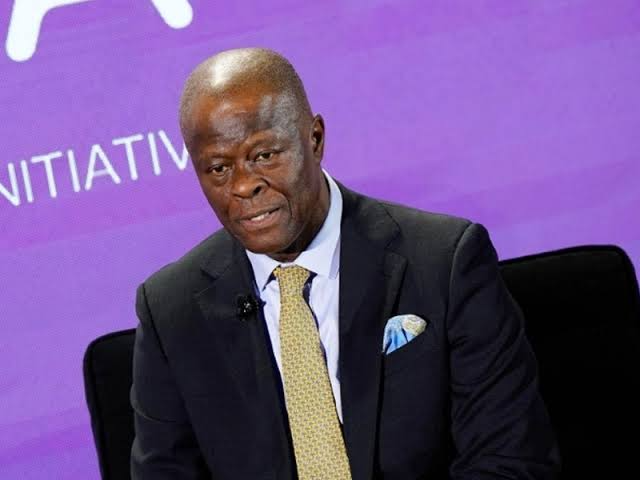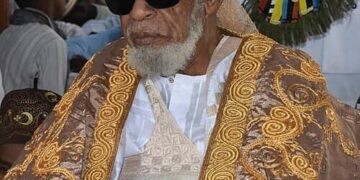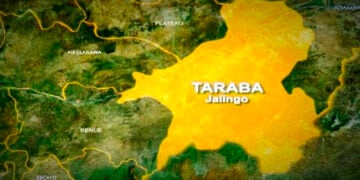The minister of finance and coordinating minister of the economy, Olawale Edun said that the removal of fuel subsidy by the Tinubu-led administration has halted the bleeding that was costing five per cent of the nation’s Growth Domestic Products (GDP).
The minister who was Monday speaking in Bauchi at the opening conference of the National Council on Finance and Economic Development (NACOFED) which coincided with the FAAC meeting, noted that the hitherto five per cent of the nation’s wealth was every year.
He explained that the oil subsidy was before its removal only adding more value to a few people and neighbouring counties that were benefitting with the fuel subsidy, and as well as other related foreign exchange subsidies.
Edun told the conference with the theme, “Hosting Economic Growth At Challenging Times, Strategies, Effective Policies and Partnership Physical Sustainability And Growth” that the subsidy was hard and beneficial to just a few at the detriment of mass Nigerians.
According to him, it is now the federation account that is benefitting with increased flow of resources to the federal, states and local governments, while doing more terms of investment not just to infrastructure, but also social services such as education and health, among others.
Edun further explained that with the removal of the oil subsidy, the country’s road is clear for private sector investment, stressing that “We are now back in business on the road to industrialisation”.
The minister stated that what is happening in the crude petroleum refining sector, crude oil is now not just being shipped abroad, it is being refined locally to give raw materials for industries.
He therefore stressed the need for the conference to consider the finances of the federation, as well as consider economic development at the wards, local government areas, states and federal level.
“We should be encouraged that we are now having a more stable and sustainable microeconomic environment that is friendly to investors that makes it possible not only for them to produce competitively for the domestic markets, but also to export”.
He added that, “Our understanding of each other’s situation, of each other’s financial and economic needs and even the resources and potential they possess and available, the skills, specialisation that is on ground.”
Minister continued: “President Bola Tinubu’s administration inherited the assets and the liabilities and there was no looking back but it’s a question of charting a way of looking forward and making plans in order to first of all stabilise the economy.”
“Then get investments through private sector investors both domestically and foreign direct investors to increase the productivity of Nigeria, grow the economy, create jobs and of course move a large number of people out of poverty.”
“The road is clear for private sector investors and as we know, we are now back in business on the road to industrialisation based on what is happening in the petroleum refining sector.”
In his part, the state governor, Bala Mohammed Abdulkadir said hosting this historic event is a privilege and has proven the importance of collaboration in addressing the economic challenges and opportunities before us.
According to him, 17 years ago, Bauchi state hosted the same conference which was widely regarded as successful and impactful.
“This year, I assure you that we have spared no efforts to ensure that this gathering surpasses expectations. Your presence is a testament to your commitment to advancing Nigeria’s financial and economic landscape,” he said.
Governor Bala urged all the participants to contribute constructively to the benefit of all Nigerians.




